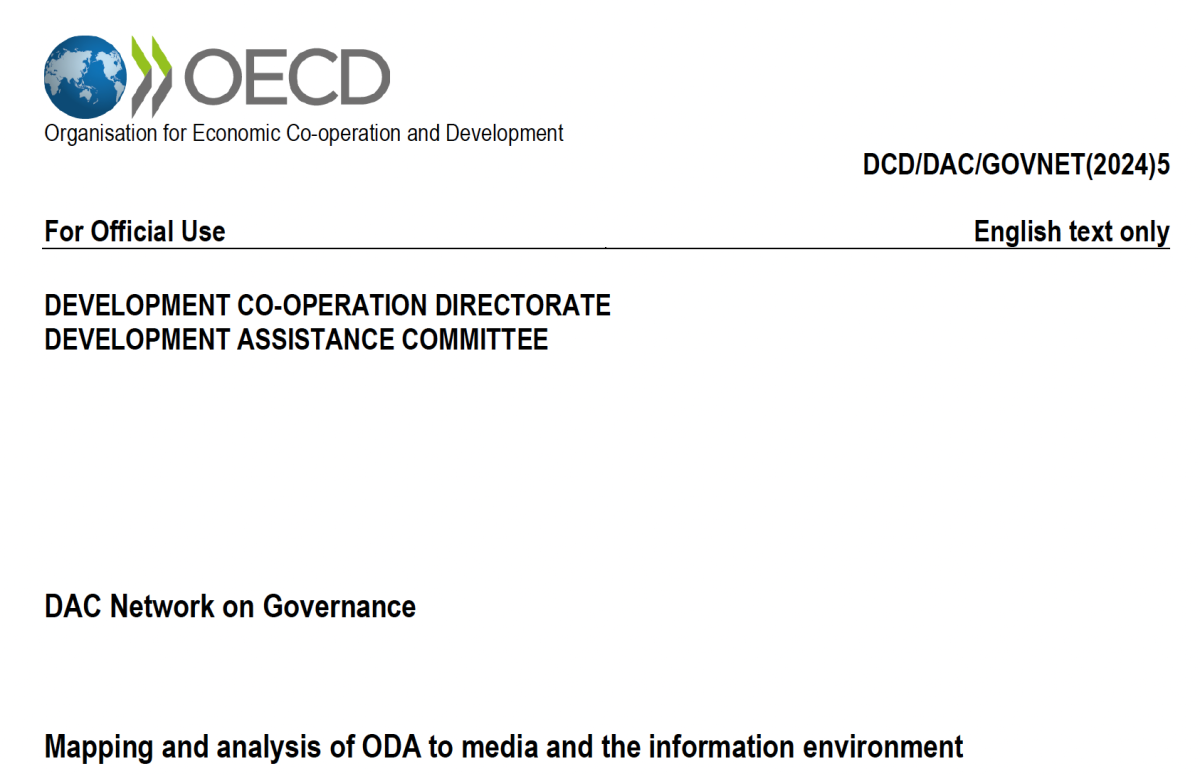
Keeping our attention on climate change – listening to the COP27 Hubbub
In this first blog of 11 November 2022, Sam Bickersteth, climate change expert at The Policy Practice, shares what is being discussed at 27th UN conference on climate change.
38,000 squeezed into Sharm El Sheikh, international media attention and thousands of us following proceedings on-line. The annual UN conference of the Parties to the Climate Convention (COP) has kicked off in Egypt and it is getting attention like never before. When the UN Secretary General (UNSG) tells us that we are close to irreversible tipping points and “climate hell” then we should be sitting up and listening. But what can we hear through the hubbub of statements from Heads of State, multiple side events, news reports and pre COP blogs? What will hold our attention and that of our leaders preoccupied with recession, food and energy price hikes, the war in Ukraine and the impending northern hemisphere winter?
The COP runs to Friday 18th November but here are some of the issues that we are hearing so far:
1. It is billed as a COP of Implementation by the hosts, Egypt. That means implementing commitments and fulfilling obligations made in Paris and subsequently in Glasgow. Cognizant of real world political economy and the credibility of what was promised, the UNSG has called for no backsliding and no greenwashing taking aim at national and corporate leaders, but this isn’t easy with so many other pressing priorities to address not least recession and war. Or is there really an opportunity for an accelerated transition to renewables in the midst of the climate and energy price crisis as Rishi Sunak and others suggest?
2. It’s a big crowd in Egypt because implementation on climate requires multiple stakeholders. Non-state actors now turn up in huge numbers as companies, tech entrepreneurs, NGOs, universities, cities, artists and others want to play their part. It’s a far cry from the gathering of climate scientists, meteorologists, diplomats and a few concerned NGOs that gathered annually in the 1990s. The shift towards a polycentric approach to global climate governance is allowing new coalitions of actors to move ahead with climate action where past collective action failed.
3. The UNSG’s blunt opening remarks included the statement that getting concrete results on loss and damage (the destructive impacts of climate change which cannot be dealt with through mitigation or adaptation) is the litmus test for success at COP27. For developing nations the concrete result they are looking for is loss and damages finance from rich nations. Getting loss and damage onto the official agenda of the COP is a major step forward after decades of baby steps as developed nations blocked debate and sidestepped issues of historic climate liability. It is ten years since the Climate and Development Knowledge Network (cdkn.org) funded research on loss and damage and my own signalling of this important issue at COP18 in Doha was picked up by the UK media. But it was only last year at COP26 that a loss and damage fund was established and to which only one country (Denmark) has made a contribution. Positive comments about possible financial input from China raises the stakes.
4. Finance more widely is the key issue for COP27. Commitments on concessional finance through bilateral and multilateral channels to the promised $100bn/year have yet to be met and look likely not to be fulfilled. Governments will be challenged to hit their climate and development targets in view of competing needs to protect their own citizens and meet the costs of war in a period of recession. And while private finance is seen as a key part of the solution for the transition to renewable energy, the high cost of capital in developing countries is being highlighted as a significant constraint. Blending concessional and commercial capital is promoted as the approach to reduce risk and scale up, but the Bretton Woods institutions and World Bank in particular are under pressure to do more to make this happen.
5. In his opening remarks Al Gore referred to the extraction of and subsidies to fossil fuels as “the culture of death” in reference to their impact on delaying the net zero transition. President Sisi of Egypt seemed happy to congratulate the former US Vice President on his speech despite the MENA region being responsible for nearly half of global energy consumption subsidies. Globally, fossil fuel subsidies are now far higher than in 2009, when the G20 committed to phasing them out. Policy Practice Director Neil McCulloch’s book elaborates on fossil fuel subsidies.
6. Climate change related disasters and associated impact together with COVID have increased national indebtedness. According to the IMF 60% of LICs are at high risk of, or are already in debt distress. Less than 50% of climate finance is provided as grant yet the increasing vulnerability of developing countries raises the cost of loan capital by adding a climate risk premium to borrowing. The philanthropy-led debt for nature swap recently agreed in Belize is a good example of the potential to address debt while at the same time improving resilience. Multilateral financing institutions are being encouraged to scale up such schemes.
7. Youth and future generations are receiving more attention at this COP through higher participation. This year youth voice will be heard throughout the COP going beyond the lone voice of Greta Thunberg we heard in earlier years. An example that goes beyond simply youth representation is the pioneering legislation from the Welsh 2015 Act for the Well-being of Future Generations which enforces consideration of future needs, environment, health and social returns across all government expenditure. An illustration of impact is that 55 proposed road schemes have been shelved in Wales as a result. The UN will be hosting a Summit of the Future in 2024. Well-being and health together with humanitarian response are increasingly mainstreamed in the climate discussions.
8. Much of the attention at the COP will continue to focus on finance but the “choice” to act on the climate crisis and the pathways taken will largely come down to politics, both global, regional and national. Political context for climate action at national level matters hugely for agreement at international level. Jobs, food and energy prices will be determine the political economy of just transitions to net zero. Alongside, it will be crucial to have institutions that coordinate sectors and actors, oversee climate strategy and build consensus. COP27 shows that some of this is underway but there is still a long way to go for effective institutional response across the multiple levels.
9. Making progress on climate change requires many stakeholders to work together and collaborate across deep differences.The climate crisis demands that we solve the complex collective action and coordination problems of climate change as well as deal with the enormous disparities of power between actors. At every level we need to go faster, further, and more fairly, together. Let’s see how the international community does over this week and next in Sharm El Sheikh.
Political economy analysis for climate action - new course launched starting October 2024
The Policy Practice is delighted to be re-running the popular online course on Political Economy Analysis for Climate Action. This course explains how political economy analysis can be used to understand the challenge of action on climate change and to design more effective interventions. The course will consist of eight, 2-hour online sessions from 4 October to 12 November 2024. For more information and to register please click below or see our flyer here.
The political economy of energy transitions in Ghana, Zambia and Vietnam - Policy Brief 17
Written by Sam Bickersteth with Neil McCulloch and Meron Tesfamichael, this policy brief draws out some of the common constraints hindering the energy transition in Ghana, Zambia, and Vietnam and many other countries in the Global South. It also shows how political economy analysis can help to identify politically feasible pathways of change in each country demonstrating the importance of such analysis as an essential tool to understand energy transition.
Media support: aid funding does not match donor rhetoric
Laure-Hélène Piron (TPP Director) presented her analysis of official development assistance to media and the information environment to the Governance Network of the OECD Development Assistance Committee on 6 March 2024.
The draft report shows that the rhetoric of governments which support freedom of expression and condemn disinformation is not matched by sufficient funding. And too little directly goes to local media organisations.



